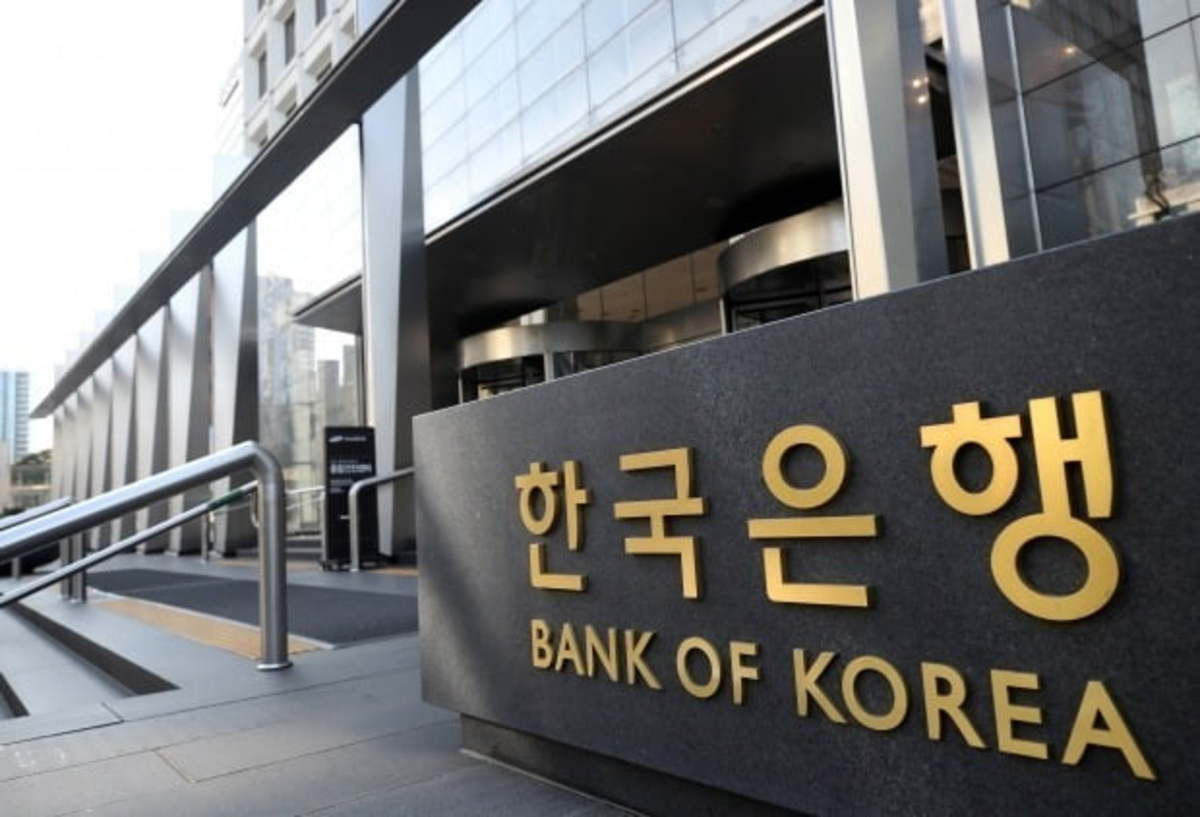 |
Bank of Korea (Yonhap) |
More than half of adults in South Korea tend not to review the effects of inflation on real estate prices when making housing transactions, a phenomenon known as the “money illusion,” according to a report from the Bank of Korea.
Money illusion is a term coined by the American economist Irving Fisher in the late 1920s to describe people’s tendency to view their wealth and income in nominal dollar terms, wrongly believing that they have a fixed value, rather than recognize their real value, adjusted for inflation.
The central bank conducted a survey of 500 men and women living in Seoul, Busan, Daegu and Gwangju, giving them a scenario where two home owners sold their properties worth 200 million won ($178,800) for 246 million won and 154 million won this year, respectively. Each saw the country‘s consumer prices rose and decrease nearly 25 percent from a year earlier, the report said.
More than 50 percent of the respondents said the former made a more successful transaction than the latter, considering the former appeared to have obtained a 23 percent return through the sale, while the latter has seen a slight loss.
However, the report suggested that the former’s real return recorded was minus 2 percent affected by a 25 percent rise in consumer prices. The latter, on the other hand, saw a 2 percent real return as he sold his house during a period when consumer prices declined 25 percent, which shows people’s failure to perceive that money can expand or shrink in value in accordance with inflation rates.
“As the survey shows that a growing number of Korean households have money illusion, nominal variables should be considered as important as real variables in macroeconomic analysis and prediction,“ a BOK official said.
By Choi Jae-hee (
cjh@heraldcorp.com)








